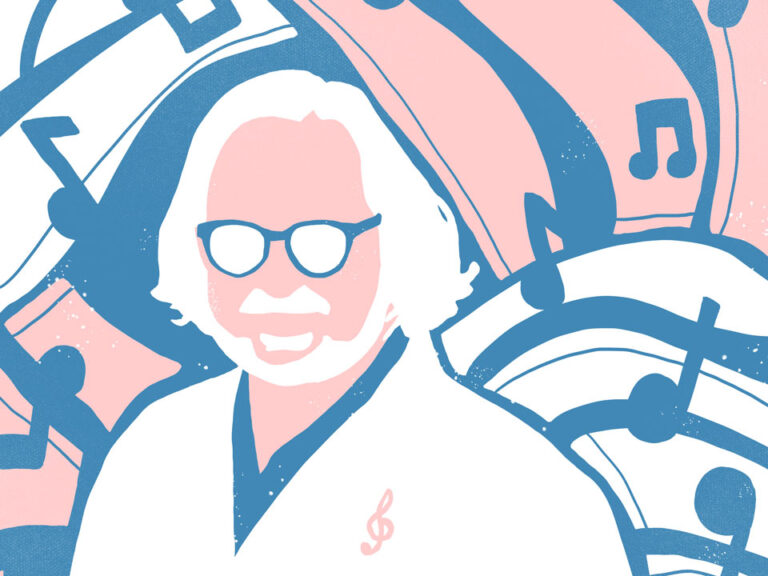

Jennifer A. Doudna, of the University of California, Berkeley, and Emmanuelle Charpentier, of the Max Planck Unit for the Science of Pathogens in Germany, have won the 2020 Nobel Prize in Chemistry for the development of the CRISPR/Cas9 genome-editing system.
CRISPR/Cas9 stands for “clustered regularly interspaced short palindromic repeats/CRISPR associated protein 9.”
“There is enormous power in this genetic tool, which affects us all. It has not only revolutionised basic science, but also resulted in innovative crops and will lead to ground-breaking new medical treatments,” Claes Gustafsson, chair of the Nobel Committee for Chemistry, said in a statement.
The discovery was unexpected. During Emmanuelle Charpentier’s studies of Streptococcus pyogenes, she discovered a previously unknown molecule, tracrRNA. Her work showed that tracrRNA is part of bacteria’s ancient immune system, CRISPR/Cas, that disarms viruses by cleaving their DNA.


Charpentier published her discovery in 2011. The same year, she initiated a collaboration with Jennifer Doudna, an experienced biochemist with vast knowledge of RNA. Together, they succeeded in recreating the bacteria’s genetic scissors in a test tube and simplifying the scissors’ molecular components so they were easier to use.
In an epoch-making experiment, they then reprogrammed the genetic scissors. In their natural form, the scissors recognize DNA from viruses, but Charpentier and Doudna proved that they could be controlled so that they can cut any DNA molecule at a predetermined site. Where the DNA is cut, it is then easy to rewrite the code of life.
This tool has contributed to many important discoveries in basic research, and plant researchers have been able to develop crops that withstand mould, pests and drought. In medicine, clinical trials of new cancer therapies are underway.




